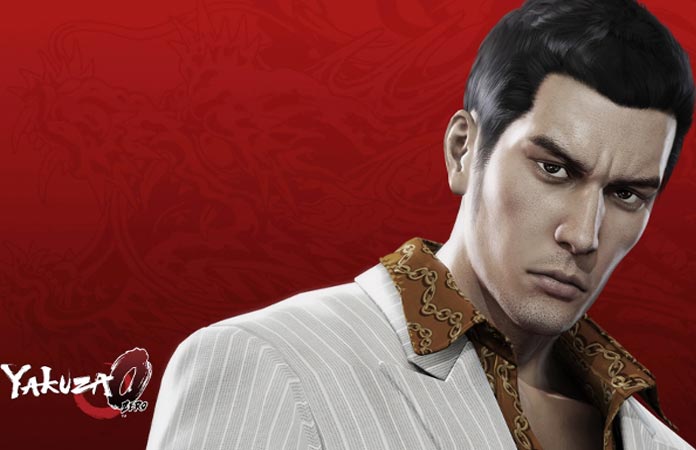Game Review: “Yakuza Zero” (Playstation 4)
Published on February 3rd, 2017 in: Game Reviews, Gaming, Reviews |Comparisons to Rockstar Games’ unbelievably popular crime opus, Grand Theft Auto, are always apt with the Yakuza series. Like those games, Yakuza Zero, a prequel to the prior five main entries and several spin-offs in the series, attempts to provide a snapshot of the culture embodied in its distinct setting (fictionalized cities in America in Grand Theft Auto, Japan in Yakuza) by telling stories about their criminal underbellies. Though fundamentally similar in this way, it’s the cultural distinctions that make both games into well-crafted, interactive time capsules, albeit with some confounding elements.
(more…)
Game Review: Monaco: What’s Yours Is Mine
Published on May 7th, 2013 in: Current Faves, Game Reviews, Gaming |By Luke Shaw
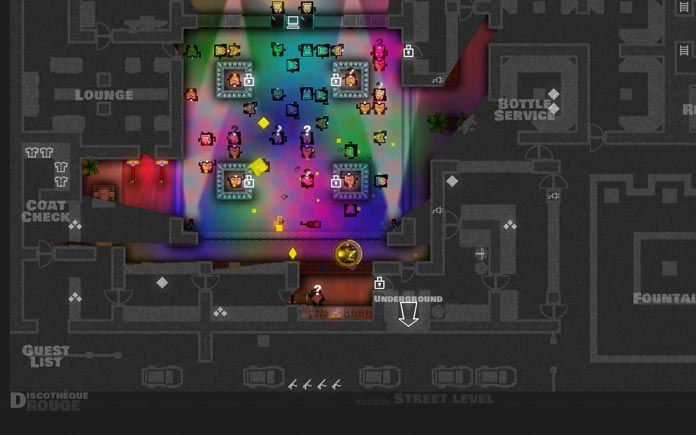
There are few things as satisfying as planning and executing something that can afterwards be relished as “faultless” in its delivery. Pre-planning a bold and elegant display of awareness, intuition, and raw smarts rewards the schemers ten-fold, when all the disparate elements converge over the course of a few seconds. Trip wires are short-circuited, guards are subdued, guests are pickpocketed, and a safe full of jewels is opened by agile fingers. Monaco: What’s Yours Is Mine has enshrined this principle in its advertising:
“Get in, get out, get rich.”
Game Review: Bioshock Infinite
Published on April 1st, 2013 in: Current Faves, Game Reviews, Gaming, Reviews, Science Fiction |By Paul Casey
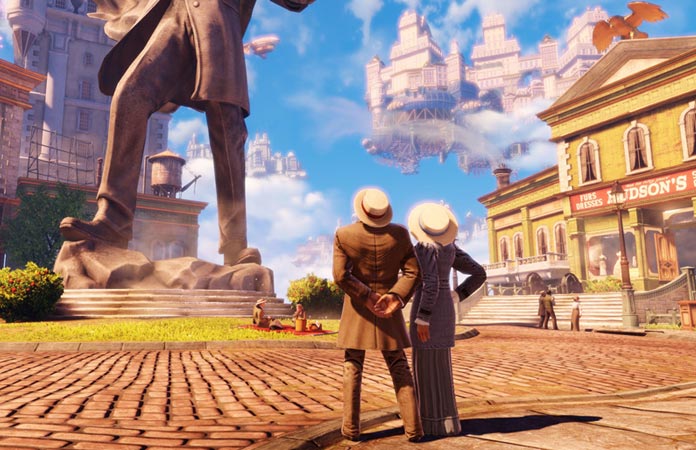
When Science Fiction reaches a large, mainstream audience it frequently stumbles. There are those out there, we are reminded until we expel body liquid, who are not particularly enamored with the idea of bizarre imaginings or Dystopian re-purposing of real events. These unreal things must be shrouded or hidden or compromised to meet the exacting standards of a public that drives Michael Bay pictures to earn hundreds of millions of dollars. They simply will not accept things that cannot happen, unless they get something tangible in return. “Gimme that walking arse shot or allusions to ear-fucking Megan Fox, whatever; just make sure that those grinning mugs don’t get their sense of reality altered! We’re running a business here. Don’t go abstract. Don’t make bold statements.”
When Irrational Games did Bioshock, it seemed to me, and some other folks, that here was a legitimate, big-budget step towards a new philosophy in video games. One that did not insist that the bare mechanics were the only thing worth evaluating. It made a powerful argument for world building, art direction, and quality writing and acting being able to do more than give finely tuned aiming and shooting a pretty wrapping. In Bioshock these things impacted the player’s experience to such a degree that evaluating one without the other seems foolish. That game had its issues, but its issues were a result of its ambition.
Bioshock Infinite is what happens when that ambition finds larger public, creative, and financial support. There is a storytelling depth here that very few games have approached. More importantly, it is a braver and more challenging piece of work than any of the other narrative successes in recent years. Its politics are not easily identifiable—though I am sure there are some lining up to suggest it fails because it contradicts some ideology or other—and its examination of human flaws leads the player to bad, honest places. If there is any clear message to be taken, it is probably that people who seek power are invariably the people who should not possess it, regardless of how righteous they appear.
Game Review: Metal Gear Rising: Revengeance
Published on March 13th, 2013 in: Current Faves, Game Reviews, Gaming |By Luke Shaw
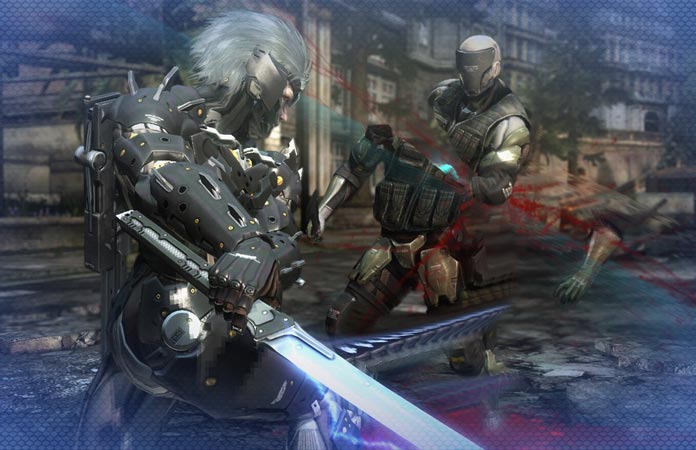
Image from http://daxgamer.com/
If you sliced the code open, you’d realize that there is a singular philosophy running through Metal Gear Rising: Revengeance, and that the entire game is a slave to it. Every piece of extraneous flab has been cut off with reckless abandon. It is not so much Occam’s Razor as Raiden’s Razor, a shimmering blade, crackling with electricity, held at the player’s throat, paralyzing you, unblinking and sweaty-palmed whilst you’re gruffly asked one question over and over as the sweat runs down your neck and fizzles to nothing at the touch of the sword: “Cut or be cut, cut or be cut, cut or be cut . . .”
Platinum Games have a long history of producing high-octane action games like the arcade bombast of Vanquish and the current benchmark for all things over the top, Bayonetta, directed and produced by Capcom veterans such as Hideki Kamiya and Shinji Mikami. Now, teaming up with Konami and tasked with reinvigorating one of gaming’s most incorrectly maligned characters, Raiden, Revengeance sees Platinum not so much reinventing the wheel, as filing it down to a single, elegant edge.
Game Review: Cart Life
Published on January 30th, 2013 in: Game Reviews, Gaming, Reviews |By Paul Casey
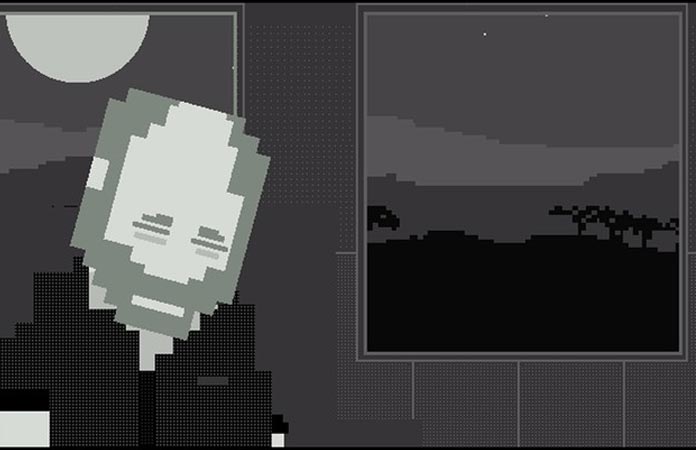
Cart Life is a game fixated on worry. You worry about the time. You worry about the pain in your head. You worry about how you get to where you need to be, and how much it will cost you. A taxi will allow you to make that meeting in time, but it will cost more. Each character—there are two available in the free version—has their own concerns and needs. Andrus has recently arrived in America. He has a cat and is addicted to cigarettes. Melanie has a daughter from a failed marriage. She needs to prove that she can support her child. She buys a coffee stand.
Richard Hofmeir, who is responsible for Cart Life, combines the classic video game staple of resource management with a thoughtful narrative. There is a lot here that will be familiar to anyone who has obsessed over balancing the budget in Sim City. Once you have the required elements to start your business though, Cart Life becomes a quest to gain customer satisfaction. You must type out sentences as fast as you can—for instance, reminding yourself to unpack something carefully—keep orders in mind and go through the process of making a cappuccino. The customer will only wait so long.
Around this is a simple but endearing story of people trying get a hold on life. Hofmeir is effective at giving normal pressures importance and making his characters seem more substantial than their sparse dialogue. Their struggles are common, and you get the sense that they have a real history behind their actions. There is desperation for these people to get their lives in order. Exploring the small but detailed world which the characters inhabit is a joy. The game gives just enough direction to make finding that next person or location an achievement.
Cart Life can be frustrating at times. It takes a couple of hours to get a proper handle on the demands the game asks from you. Using your time wisely is the biggest challenge at the beginning of the game and the travelling cut-scenes are a pain. This does however increase the satisfaction when you put in a good day’s work. With a pleasing art style and a core experience with depth, Cart Life is worth your time.
Cart Life is nominated for Excellence in Narrative and the Seamus McNally Grand Prize at the 2013 Independent Games Festival which takes place in late March. It is available free for Windows at http://www.richardhofmeier.com/cartlife/.
More Modern Noir: Max Payne 3
Published on May 23rd, 2012 in: Current Faves, Game Reviews, Gaming, Reviews |By Paul Casey
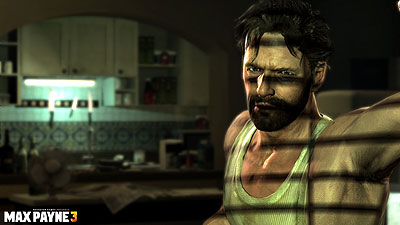
Noir has been having a good time in video games, over the last few years. Quantic Dream’s high profile Heavy Rain, and last year’s L.A. Noire (which we reviewed here) both used noir as their foundation. Max Payne 3 arrives as the third in a trio of story-driven, highly stylized games indebted to the classics—Raymond Chandler, John Huston, anything starring Humphrey Bogart—as well as modern creators who have ensured that noir and hardboiled fiction stay vital—James Ellroy, Frank Miller, Michael Mann.
Arkham City: World Of Echo
Published on November 30th, 2011 in: Comics, Feminism, Game Reviews, Gaming, Movies, Over the Gadfly's Nest, Reviews, TV |By Paul Casey
Arkham City, released October 21, is an important Batman story. While perhaps not as unexpected as its predecessor, Arkham Asylum, Rocksteady have turned in a Batman game that builds on that one’s many successes. As someone who has been obsessed with Batman for a couple of decades, with changing degrees of intensity, Arkham City is literally a dream come true.
To have an interactive slab of Gotham City with such extremely detailed and well observed parts of Batman’s long history concealed for your own brand of detective work . . . well, it makes me feel both old and lucky to have been around this long. That the game is actually a wonderful, expertly paced, physical experience is something else entirely. As with Arkham Asylum, it still seems quite unusual to have a great comic book like Batman finally tap into why video games are such an exciting medium.
No Gods Or Kings. Only Man: Bioshock
Published on September 29th, 2011 in: Game Reviews, Gaming, Halloween, Horror, Science Fiction |By Paul Casey
“I am Andrew Ryan, and I am here to ask you a question: Is a man not entitled to the sweat on his brow? No, says the man in Washington, it belongs to the poor. No, says the man in Vatican, it belongs to God. No, says the man in Moscow, it belongs to everyone.
I rejected those answers, instead, I chose something different. I chose the impossible. I chose Rapture. The city where the artist would not fear the censor, where the scientist would not be bound by petty morality, where the great would not be restrained by the small. And with the sweat on your brow, Rapture can become your city as well.”
Love, Death, And Tragedy: L.A. Noire
Published on June 8th, 2011 in: Current Faves, Game Reviews, Gaming, Reviews |By Paul Casey
L.A. Noire, released by Rockstar Games on May 17, carries on the grand tradition of the adventure game but does so within an impeccably crafted, open-world vision of 1940s Los Angeles. Its narrative is linear; it does not branch off, resulting in those malformations of character seen in Fable or Fallout. Simplistic questions of morality are not used as a choice between different powers and abilities. Overall, L.A. Noire is an experience unique to its medium and sets a new standard in both writing and performance.
